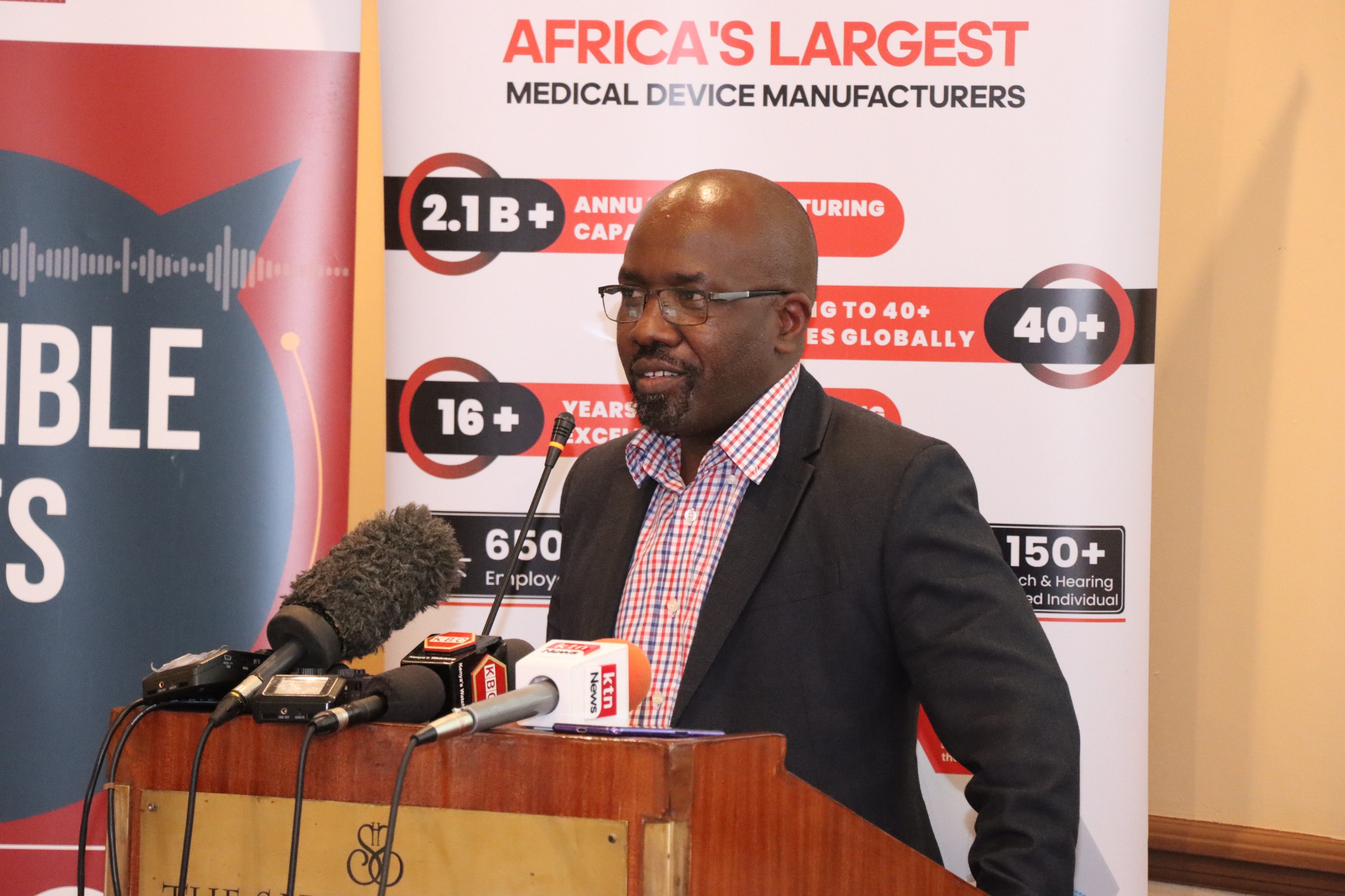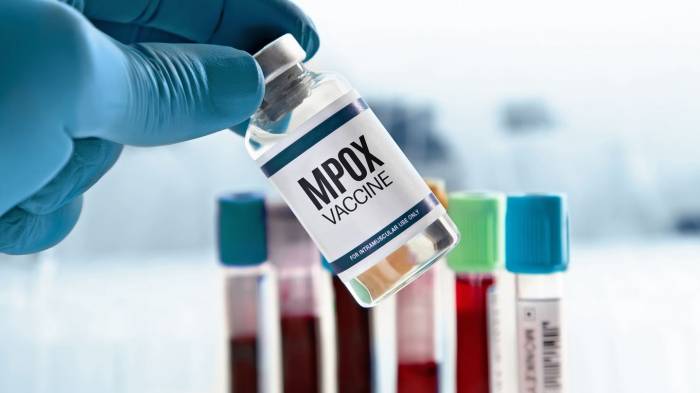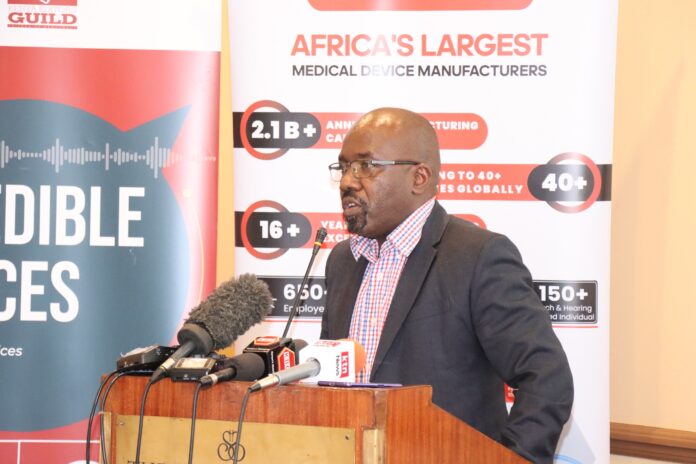By Mercy Kachenge
Nairobi, Kenya: The spread of mpox formerly known as monkeypox has raised a global concern concerning the surging numbers of the disease across the country with the second case of mpox disease reported in Busia.
According to Dr. Samoel Khamadi, Director of Center for Virus Research (CVR),at the Kenya Medical Research Institute (KEMRI), the re-emergence of Mpox in August 2024 led to the World Health Organization (WHO) declaring a Public Health Emergence of International Concern due to the escalating high numbers of the disease cases.
KEMRI in collaboration with the Ministry of Health (MoH), are working closely as part of the response team through deploying of health professionals at the laboratory testing facilities to collect and analyze samples that are closely related to mpox and other pathogens.
He stated that there are two vaccines that will help to prevent the upsurge of mpox cases across the country which is being driven by outbreaks associated with two sub clades of Clade I mpox virus.

The Ministry of Health confirmed a second case of mpox virus in the country and called for an urgent need to adhere to the health measures outlined such as regular hand washing using water or alcohol based sanitizers.
Dr. Khamadi added that recent research shows that mpox virus presents increased variability with different strains at varying levels of severity. Mpox is endemic in DRC and West Africa and most of the cases that are reported in Kenya are people who have traveled from outside the country.
“Researchers are conducting studies to develop more effective diagnostic tools such as Polymerase Chain Reaction (PCR) test kit and vaccines that will ensure it improves the accuracy and the speed of disease detection are in their early stages. Also KEMRI is at the forefront of exploring vaccine development through extensive research to prevent future outbreaks of pandemics”, he said.
Dr. Khamadi emphasized the importance of global cooperation in response to combating the outbreak of mpox. “The lessons from COVID-19 have taught us that timely intervention and coordinated response are crucial in managing emerging infectious diseases,” he stated. “We must be vigilant and proactive in our efforts to contain Mpox and prevent a wider crisis.”

Additionally, KEMRI is dedicated in teaching about scaling up and making sure as many facilities as possible can test for mpox virus so that they are able to sequence the virus and preserve information that is very important. Also the alignment of countries that are being faced with mpox disease is to make sure that they work closely to address and implementing the transfusion dynamics of the virus since if you understand the transfusion dynamics then you can be able to control it response.
Dr. Khamadi highlighted the growing concern that Mpox is now being transmitted between humans. The virus appears to be following specific pathways, particularly among individuals who frequently travel. If not controlled, there is a significant risk that Mpox could spread more widely, including to areas like China, where international travel could facilitate its dispersion.
To leverage this case of mpox threat, Dr. Khamadi stressed the importance of vaccination. “Countries with existing vaccine stockpiles, informed by past experiences of COVID 19, should be prepared to manage and contain outbreaks. However, regions currently experiencing rapid virus spread that include countries like Democratic Republic of Congo (DRC), urgently need access to these vaccines. The availability of effective vaccines is critical for controlling the spread of Mpox and preventing future outbreaks.’’
According to WHO, they declared Mpox as Public Health Emergence of International Concern urging the countries to enhance prevention and surveillance measures.














